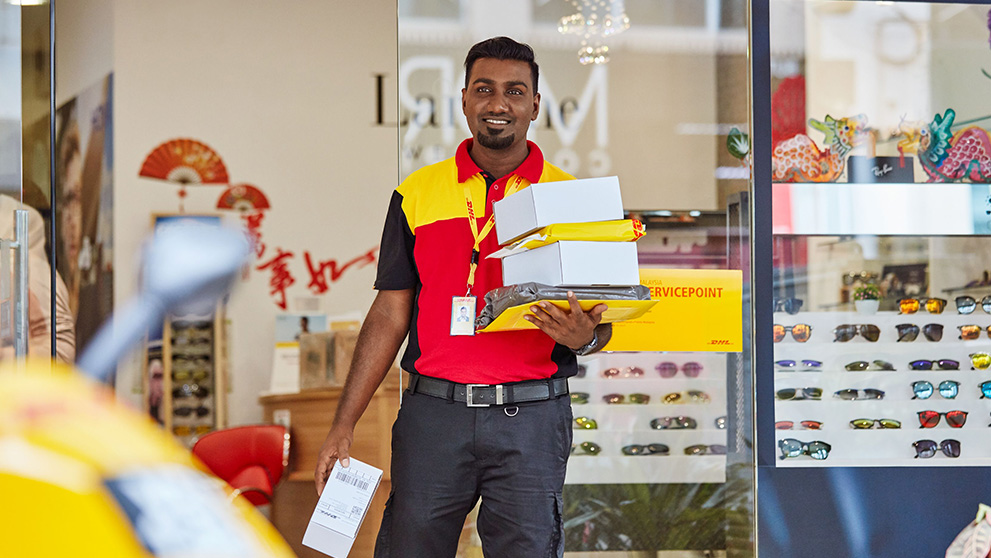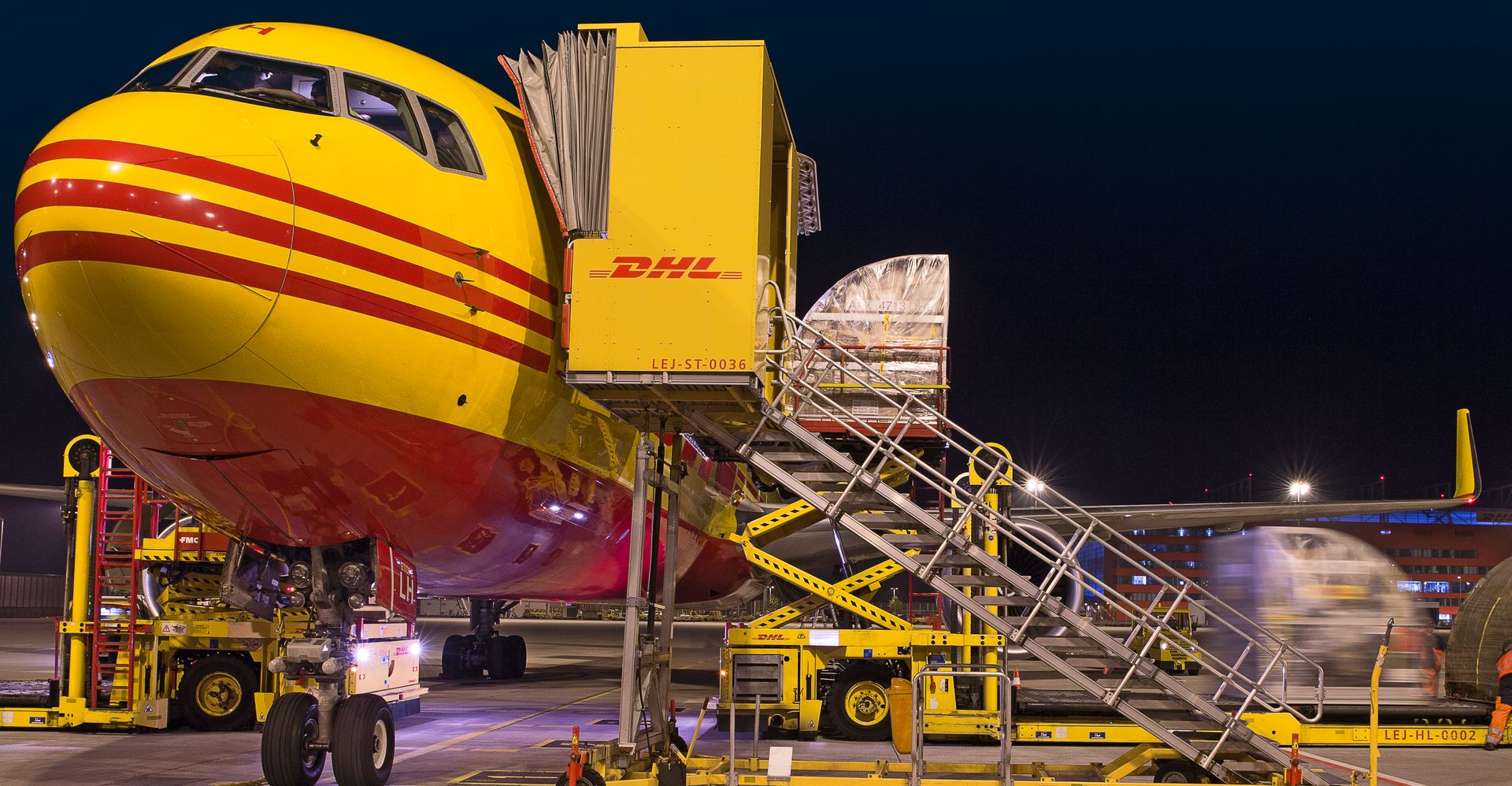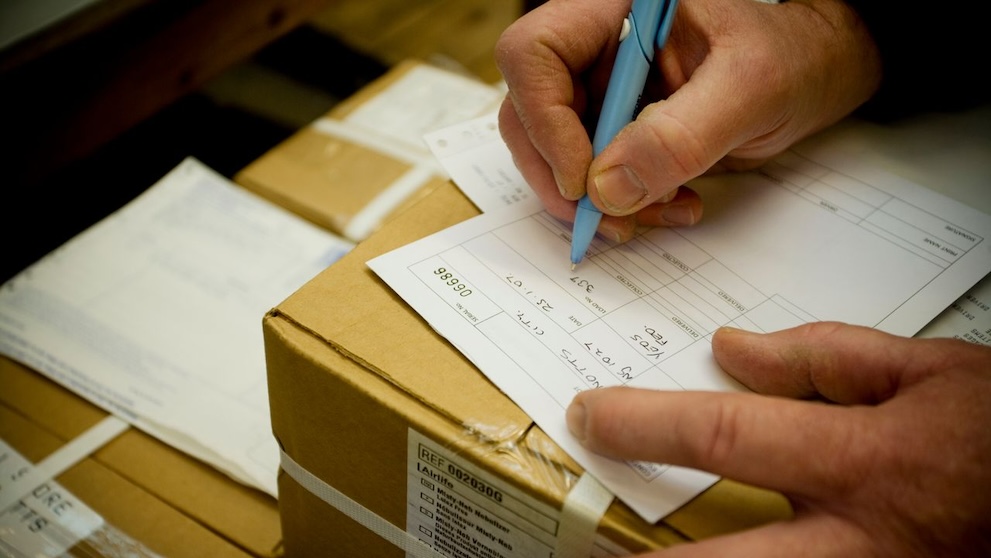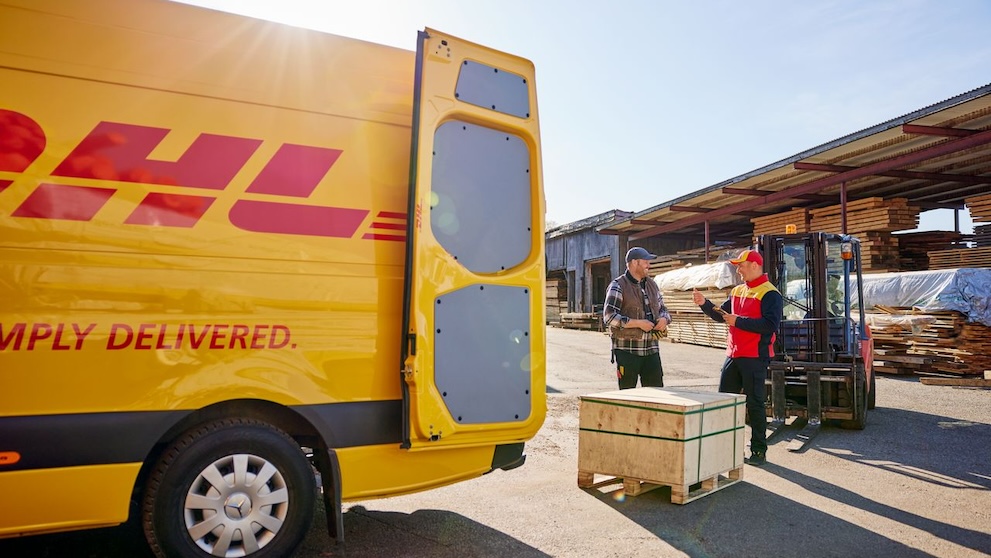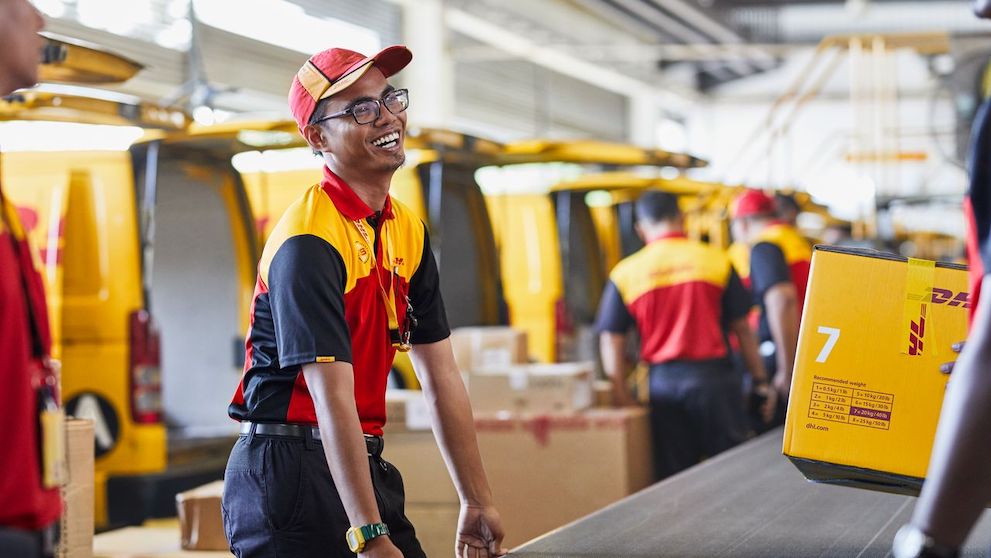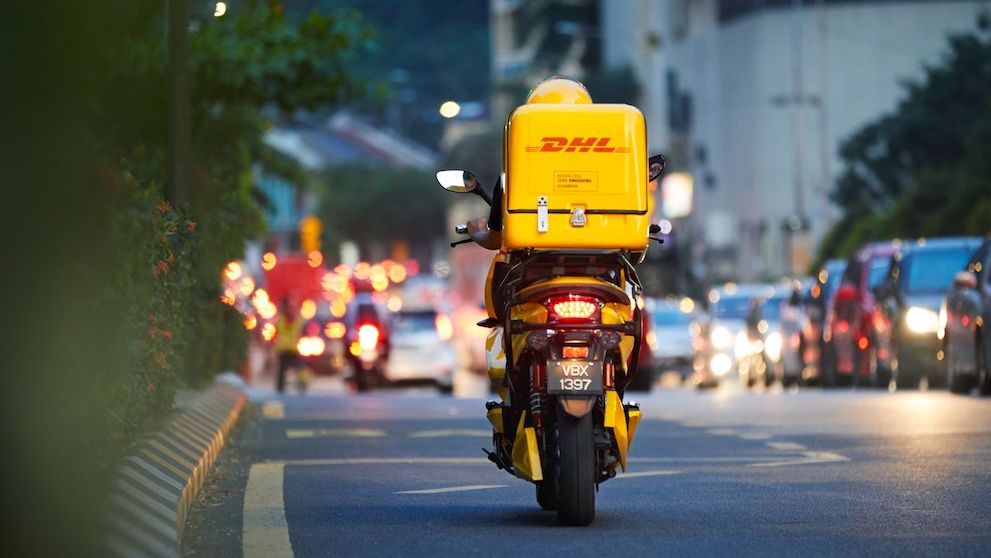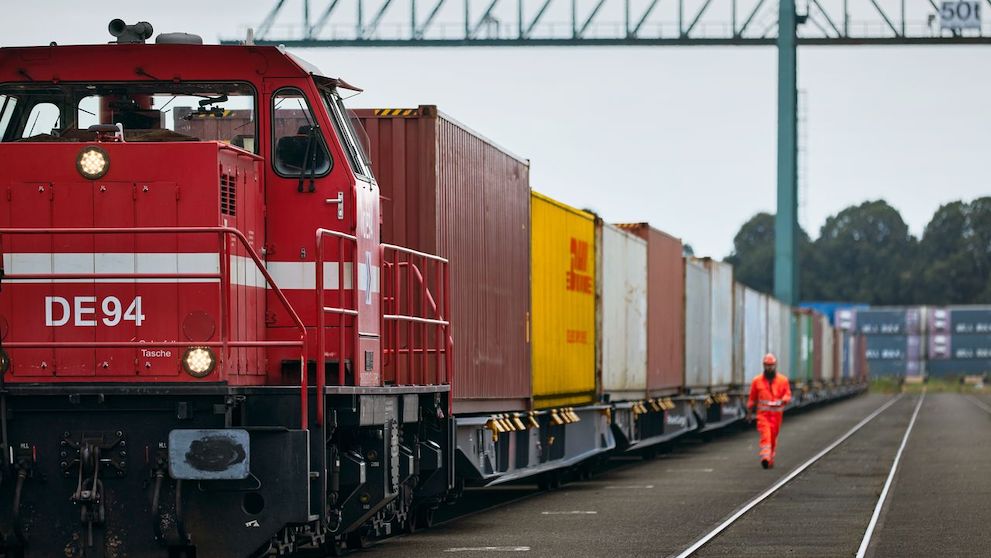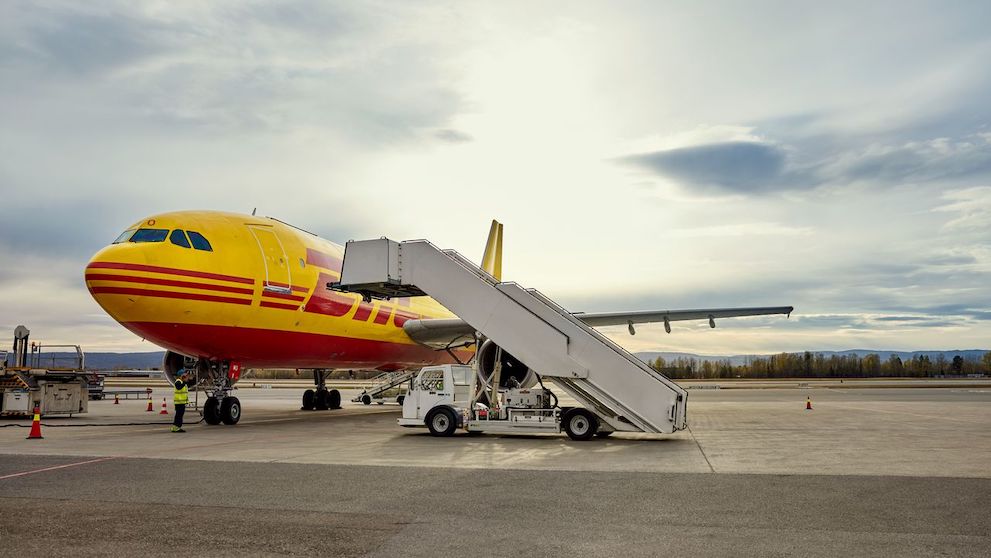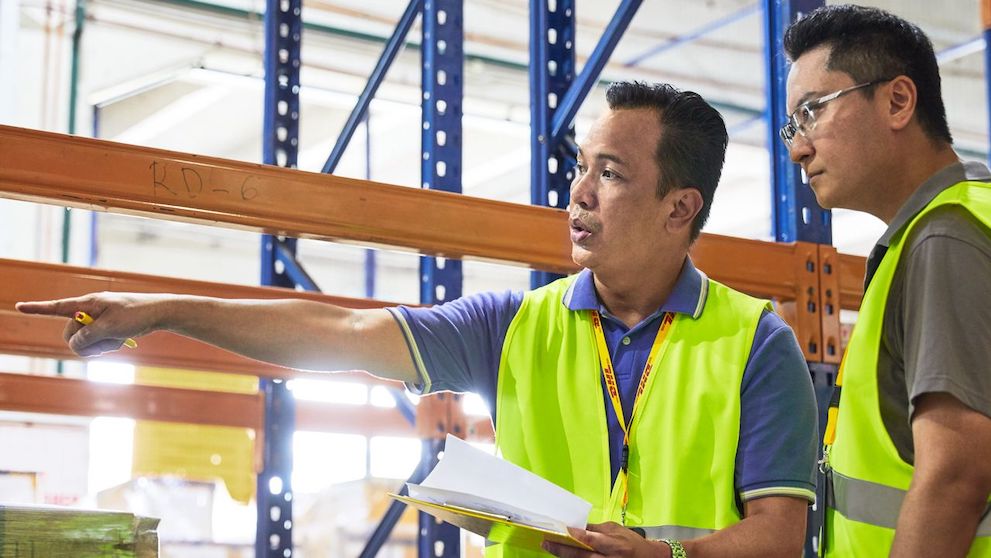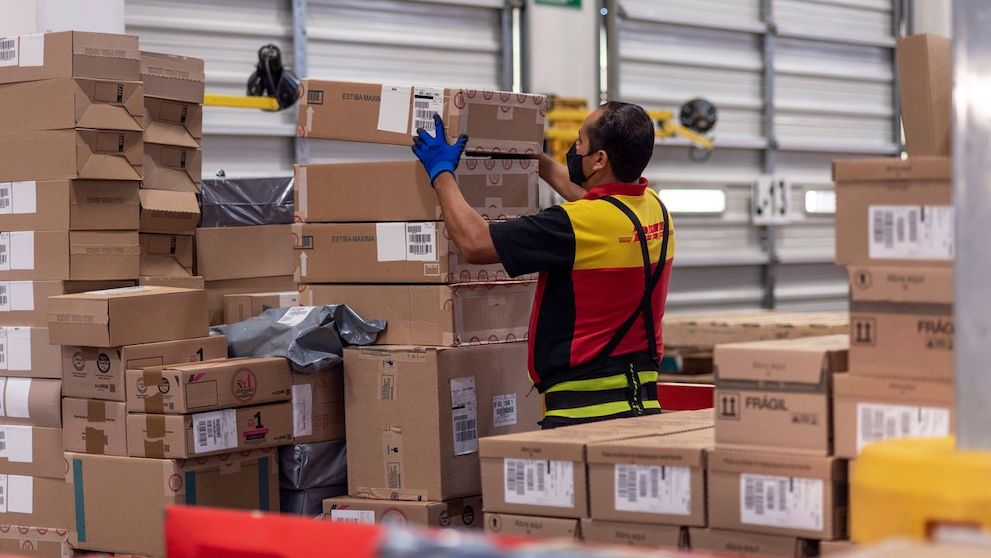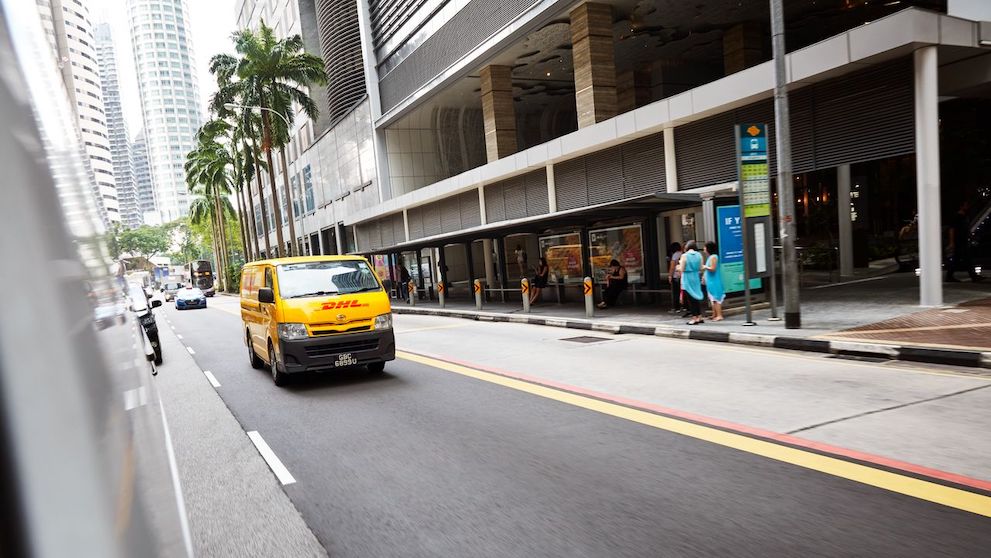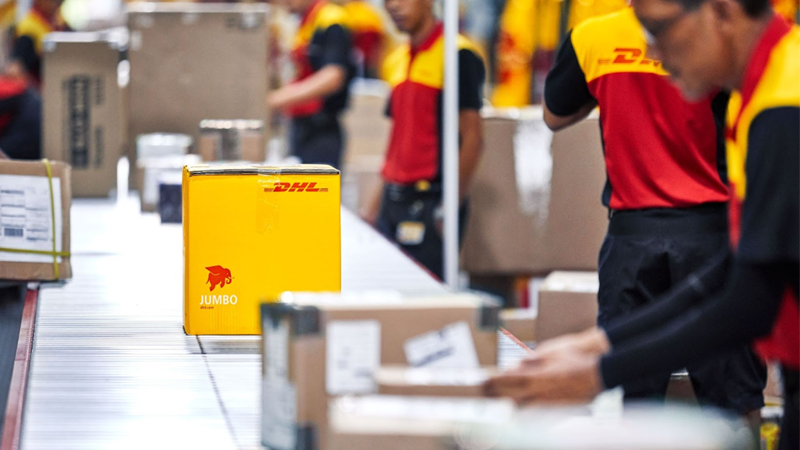The strategic significance of Singapore as a pivotal gateway to the thriving markets of Southeast Asia has not been lost on the Czech Republic. Recognised as the Czech Republic's largest export destination within this dynamic region, Singapore represents a critical node in the expanding network of global trade routes. After all, this city-state offers Czech businesses a robust platform for distributing a diverse array of products, ranging from advanced manufacturing goods to innovative digital technologies.
In fact, during the Czech Republic - Singapore Business Forum held in 2023, Mr. Kupka, the Czech Minister of Transport, emphasised the vast potential for business collaboration in sectors such as transport, logistics, financial services, and space data utilisation. These sectors not only highlight the diversity of Czech exports but also underscore the strategic manoeuvres Czech companies can adopt to penetrate this specific Southeast Asian market effectively.
However, entering the Singapore market, despite its promising opportunities, comes with its own distinct set of challenges. Key among these is mastering the logistics involved in shipping to this pivotal Asian hub. Grasping the complexities of Singapore’s customs regulations and clearance, taxes, and duties, as well as streamlining logistics for maximum efficiency, are crucial steps that can appear daunting for newcomers to international trade.
This guide aims to demystify the process of exporting from the Czech Republic to Singapore, offering strategic insights to harness this promising international relationship effectively.
Understanding the Czech Republic-Singapore trade relationship
Singapore's stands as a pivotal hub in Southeast Asiai, fostering strong connections with the Czech Republic, underpinned by the European Union-Singapore Free Trade Agreement (EUSFTA). This agreement exemplifies the deepening ties, making shipping from Europe to Singapore a seamless and advantageous process when the EUSFTA is leveraged:
- Tariff Elimination: The EUSFTA set a rapid timeline for eliminating tariffs, achieving zero tariffs on 75% of tariff lines immediately upon its implementation in 2019, with the remaining lines set to phase out within three to five years. This agreement ensures that more than 99% of goods from the EU, including foods, electronics, and pharmaceuticals, enter Singapore duty-free. In the coming years, tariffs on other significant imports like meats, seafood, textiles, and various consumer goods will also be abolished, allowing businesses to significantly cut costs and bolster their market position.
- Improved Market Access: The agreement significantly broadens market access for Singaporean companies within the EU’s service sectors, ranging from professional and telecommunication services to tourism, transportation, and manufacturing. This opens up expansive new business opportunities.
- Enhanced Intellectual Property Rights Protection: The EUSFTA strengthens intellectual property rights, extending copyright protection to 70 years, fostering innovation and safeguarding business interests.
These strategic advantages facilitate easier operations for EU companies, including those from Czech Republic, within Singapore Czech Republic’s position as Singapore’s 13th largest EU goods trading partner and fortifying their long-standing economic partnership.
What are the top exports from the Czech Republic to Singapore
Narrowing in on the specifics of Singapore's imports from the Czech Republic, in 2023, Czech exports to Singapore reached an impressive US$564 million, according to data from Trading Economics.
Czech Republic’s main exports to Singapore, according to Trading Economics, encompass:
- Machinery, nuclear reactors, boilers
- Electrical, electronic equipment
- Optical photo, technical, medical apparatus
- Plastics
- Furniture, lighting signs, prefabricated buildings
These exports highlight the dynamic and thriving trade relationship between the Czech Republic and Singapore, offering significant potential for Czech businesses to broaden their reach in the Asian market. Conversely, this presents a valuable opportunity for Singaporean companies to introduce and promote Czech products within the city state.
Strategies for successful customs clearance
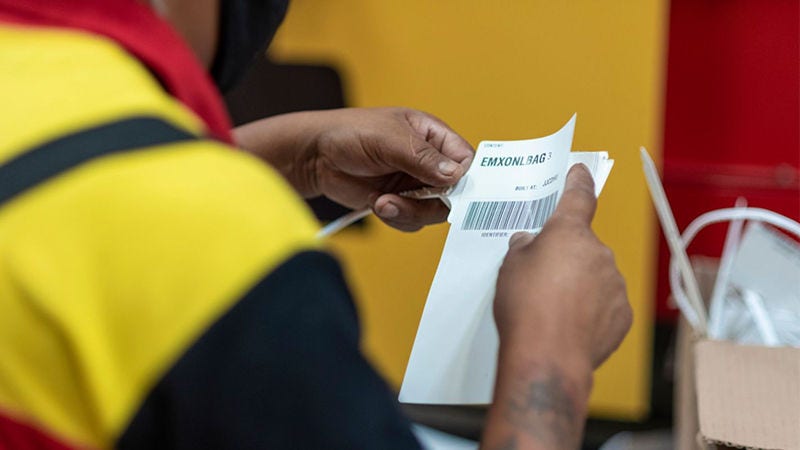
Ensuring your goods smoothly clear customs when shipping from the Czech Republic to Singapore is crucial for maintaining a fluid entry into this bustling market.
Below is an essential checklist designed to assist businesses in navigating the international shipping process to Singapore effectively:
1. Understand taxes and duties
Navigating the complexities of customs taxes and duties is a critical step in ensuring your shipments from the Czech Republic to Singapore are processed smoothly and cost-effectively.
Here’s what you need to know:
- Customs and excise duties: Certain products are subject to both customs and excise duties upon entering Singapore. Notable dutiable goods include:
- Intoxicating liquors
- Tobacco products
- Motor vehicles
- Petroleum products
- HS Codes: Accurately classifying goods using Harmonized System (HS) codes is crucial for determining the correct tariffs and duties. Each product’s HS code informs customs officials about the contents of your shipment and ensures proper duty application. For example:
- Sparkling Wine (HS Code: 22041000): Customs Duty: NIL, Excise Duty: S$88.00 per litre of alcohol
- Other Beer (HS Code: 22030091): Customs Duty: S$16.00 per litre of alcohol, Excise Duty: $60.00 per litre of alcohol
- GST on imported goods: As of 2024, a 9% Goods and Services Tax (GST) is applicable on all imports into Singapore, calculated based on the Cost, Insurance, and Freight (CIF) value.
- De minimis value: Businesses can leverage de minimis values to minimise costs. Shipments below a certain CIF value may qualify for GST exemption, which can lead to significant savings.
- EUSFTA: This agreement facilitates the reduction or elimination of duties on eligible goods from EU countries, including the Czech Republic. Understanding and leveraging EUSFTA can provide competitive advantages through reduced customs duties and streamlined bureaucracy.
2. Navigate prohibited and restricted goods
When shipping from the Czech Republic to Singapore, it is crucial to be aware of and understand the list of prohibited and restricted goods that cannot enter Singapore without specific permissions. Some items that are prohibited include:
- Chewing gum (except specific health-related types approved by the Health Sciences Authority)
- Telecommunication equipment
- Smokeless cigars, cigarillos, or cigarettes
- Nasal snuff
- Oral snuff
For items that fall under the restricted category, obtaining the necessary permits or licenses is imperative before shipment. This process involves:
- Engaging with regulatory bodies: For example, the Agri-Food and Veterinary Authority for food products or the Health Sciences Authority for pharmaceuticals and medical gums.
- Pre-shipment approval: Ensuring that all required permissions are secured well in advance of the shipping date.
- Documentation and compliance: Preparing and submitting the required documentation as specified by Singaporean customs regulations to ensure a smooth customs clearance process.
3. Ensure proper documentation
Here’s a brief overview of the essential documents needed for shipping from the Czech Republic to Singapore:
- Commercial invoice: Details the transaction between the exporter and importer, providing a comprehensive list of the shipped items and their value.
- Packing list: Enumerates the contents of the shipment, detailing the types, quantities, and packaging of goods included.
- Certificates of Origin: Verifies the products' country of origin, which is critical for customs to assess duties and eligibility for tariff concessions under trade agreements.
There are also a few documentation requirements to meet for different modes of transport:
- Containerised cargo: Declare the container number and shipper seal number when applying for the customs permit.
- Sea imports: No need to present permits and supporting documents at entry points.
- Air or land imports: Present a printed copy of the customs permit and supporting documents, such as the invoice, packing list, and Air Waybill/consignment note, at the checkpoint for verification.
4. Master packaging requirements
Effective packaging and labelling are essential to ensure your shipments from the Czech Republic to Singapore pass through customs smoothly.
Here are key tips:
- Durable packaging: Use high-quality materials to withstand transit handling.
- Clear labelling: Mark packages clearly with handling instructions and contents, especially for fragile items.
- Secure sealing: Ensure that all packages are securely sealed to prevent tampering and protect the integrity of the contents during transportation.
Why partner with DHL Express?
Partnering with DHL Express simplifies the complex process of importing goods into Singapore from Europe, particularly the Czech Republic. Our expertise in global trade dynamics and robust logistics network ensures the necessary import licenses are managed, customs navigated, and international shipping procedures are meticulously followed, providing invaluable support throughout your shipping journey.
- Expertise in express international shipping: DHL Express has decades of experience in logistics, providing assurance that your shipments are managed with utmost professionalism and care.
- Extensive global network: With a vast logistics network that spans across continents, DHL Express ensures efficient and reliable transportation of your goods to Singapore.
- Customised shipping solutions: Tailored to meet the unique needs of your business, whether you’re exporting high-tech equipment or local Czech specialities, DHL Express designs solutions to optimise your shipping process.
- Enhanced efficiency and reliability: Committed to speedy and reliable delivery services, DHL Express helps you meet critical deadlines and maintain customer satisfaction.
Create a business account with DHL Express to elevate your business's international shipping strategy as you tap into new opportunities in the vibrant Singapore market.

